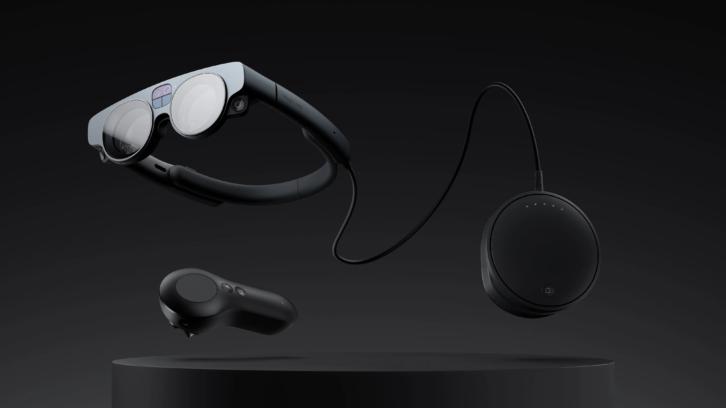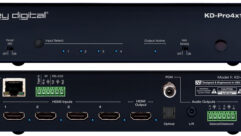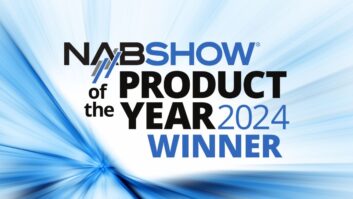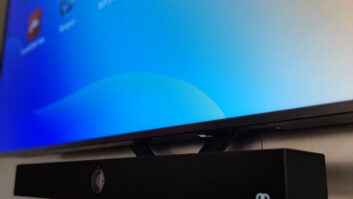
UPDATE: According to a report from the Financial Times, Meta has been involved in ongoing talks with Magic Leap to secure some proprietary components for use in future devices. While the desired partnership reportedly does not involve partnering on the construction of a new device, it would give Meta access to tools that Magic Leap uses for AR imaging.
This news is especially timely given Apple’s much-discussed reveal of their upcoming AR headset. While the response to Meta’s recent Quest VR offerings has been lukewarm, a leaked multi-year roadmap of the company’s AR/VR plans reveals that they have intentions for devices that delve more into mixed reality, as well as headsets that are more aimed for the enterprise market. These aspirations would certainly be aided by a Magic Leap partnership, especially after the Magic Leap 2’s enterprise-focused launch. Magic Leap CEO Peggy Johnson has mentioned in a blog post that the company has seen interest in their IP from other companies, with many speculating that Microsoft is the largest on the list.
The following was originally published July 29, 2022:
Rising from the ashes of Magic Leap’s first ambitious attempt at an AR headset, the Magic Leap 2 is set to arrive in late September of this year. The company’s first foray into the industry, the Magic Leap One Creators Edition, was a supremely hyped consumer-focused AR device that, at its $2,295 price point, failed to deliver in almost every category. After selling only 6,000 units (against the then-CEO’s one million unit prediction), Magic Leap crashed and almost disappeared. One massive company overhaul later, the company is back with its second stab at an AR headset, this time with a new focus: the enterprise market. The Magic Leap 2 is aimed at big businesses that would use the technology for training, analysis, or remote assistance, not private consumers.
This change in business strategy also makes room for even higher price points. The Magic Leap 2 is available in 3 configurations:
Magic Leap 2 Base starts at $3,299 and includes a 1-year limited warranty.
Magic Leap 2 Developer Pro starts at $4,099 and provides access to developer tools, sample projects, enterprise-grade features, and monthly early releases for development and test purposes. It includes the same 1-year limited warranty.
Magic Leap 2 Enterprise starts at $4,999 and comes with quarterly software releases, 2 years of access to enterprise features and updates, and includes an extended 2-year limited warranty.
The industries that Magic Leap is targeting with its newest product are healthcare, defense/the public sector, and manufacturing:
“Those use cases are training — any kind of training is made better and typically less costly in a digital environment — and any sort of 3D visualization, whether it’s anatomical hearts and brains or it’s a piece of machinery,” CEO Peggy Johnson told CNET
“The last one is the area we call remote assist, where you can call in an expert who’s not co-located but who can see what you see,” she continued. “[T]he frontline worker standing in front of a machine in a factory that’s gone offline … could quickly call in an expert from anywhere who can walk them through a fix.”
So far, from early hands-on reviews, the consensus is that the Magic Leap 2 offers solid improvements over the company’s first attempt. Whether or not its enough to succeed in the market, especially against competition like Microsoft’s Hololens 2, remains to be seen. Opinions are divided on the implementation of the “computing puck”- a disc-shaped piece of hard plastic containing the computing components that must be attached to a belt or shoulder strap.
“If you put ML2 next to ML1, you see a clear improvement from the first headset to the second, almost across the board. And while I’d say that ML2 is notably more immersive than HoloLens 2, it’s important to remember that these are enterprise products for which immersion may not be the most important factor—the individual use-case will have great sway over which is ‘best’ for the job.” – Ben Lang of Road To VR
Commercial availability for the Magic Leap 2 will begin on September 30, 2022.
See also: OPPO Air Glass gets a first look review










